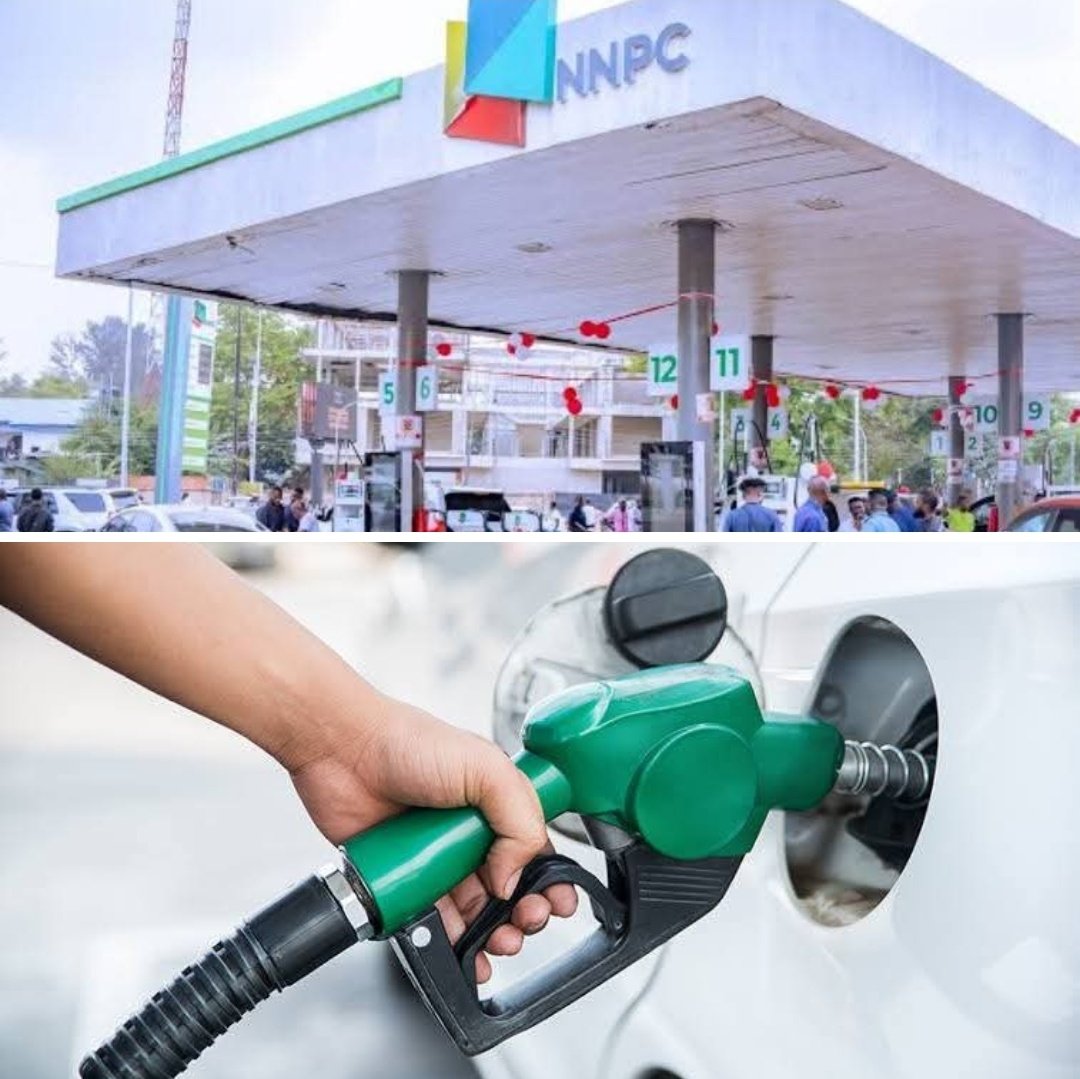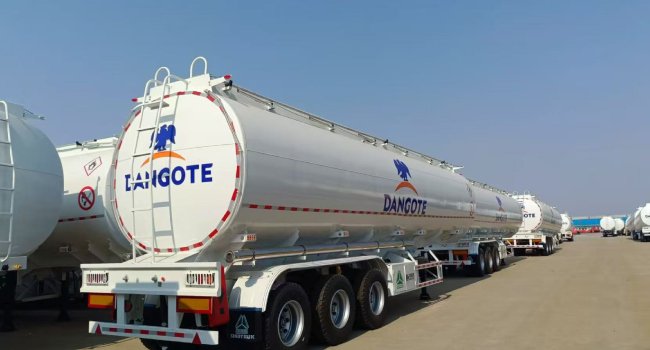Nigeria: Collaboration Is Key To Unlocking Marginal Field Potential
GRACE ORIFE

|
Nigeria’s oil and gas sector stands at a strategic inflection point and the country’s marginal fields are vital for growth and sustaining upstream activity. These smaller, often undercapitalised fields, especially in shallow waters, are rich with potential. But the obstacle isn’t the geology—it’s fragmentation. Marginal fields in Nigeria are primarily operated by indigenous companies building pursuing parallel strategies and competing for capital, technology and talent. The result? Redundant investments, suboptimal recovery, and a lack of scalable impact. What the sector needs now is not more competition, but more cooperation with an outlook on investment. Shared Infrastructure, Shared Value The current model of asset duplication—each operator investing separately in logistics, facilities and maintenance—is financially and operationally inefficient. A shared infrastructure model dramatically reduces cost per barrel and enhances asset longevity. Value creation replaces asset control as the strategic lens. A great example of this is the 48Km pipeline Umutu to Kwale, Delta state – a joint venture between Platform Petroleum and Newcross Petroleum. Indigenous joint ventures can create more bankable projects, unlock blended finance models and even attract ESG-linked capital. Scale is no longer just a metric—it’s a signal. Another example is the Otakikpo onshore terminal in OML 11, completed in 2025. Developed by Green Energy International, the terminal is the first indigenous facility constructed in the country in five decades. With a storage capacity of 750,000 barrels – set to increase to three million barrels depending on market demand – and an export capacity of 360,000 barrels per day, the facility reduces operating costs for marginal fields. The terminal is expected to unlock previously-stranded resources from up to 40 marginal fields, highlighting the value of shared infrastructure in Nigeria. Strengthened Policy The recently passed Petroleum Industry Act (PIA) is a game-changer for Nigeria’s energy industry. By promoting transparency, streamlining regulations, and reforming tax and royalty structures, the PIA creates a more attractive environment for global investors. Crucially, the PIA also addresses marginal field development, providing a clear licensing framework and resolving legal ambiguities. With the PIA in place, Nigeria’s energy sector is poised for a revival, enabling the country to better meet its domestic needs, including reliable electricity and economic growth. From Possibility to Practice: Building the Architecture for Collaboration When operators share more than just facilities—when they share insights, talent, and lessons learned—sector-wide operational resilience improves. Peer-to-peer learning reduces downtime, enhances safety practices, and fosters innovation. In high-risk environments, agility is a competitive edge. To translate this vision into operational reality, indigenous firms must move beyond handshake agreements to structured partnerships. Such partnerships must incorporate strong governance models – featuring transparent rules for decision-making, risk-sharing and conflict resolution. The utilization of neutral operators – third parties who manage shared infrastructure – will also ensure fair access, while structures such as joint operating agreements will enable companies to formalize roles, reduce costs and enhance performance. In this scenario, government regulators have a catalytic role to play. By offering fiscal incentives, easing licensing for consortia and prioritising collaborative proposals, they can turn policy into progress. The Future Belongs to the Connected The next chapter of Nigeria’s upstream oil industry won’t be written by solitary operators: it will be shaped by those who recognise that collaboration is not a compromise, but a competitive advantage. In an era of tighter margins, increasing stakeholder expectations, and declining investment in fossil fuels, the old model of isolated operation is no longer sustainable. Marginal fields represent more than untapped reserves – they are an opportunity to reimagine how indigenous oil and gas companies create value. By sharing infrastructure, pooling resources, and aligning strategies, local operators can unlock performance at scale, attract investment, and meet rising ESG standards with credibility. This is not just a call to cooperate – it’s a strategic imperative. The future will favour those who embrace a new mindset: one that values partnership over ownership, ecosystem thinking over individual ambition, and shared impact over siloed success. The time to act is now. |
By Grace Orife, African Energy Chamber (www.EnergyChamber.org) board member.













